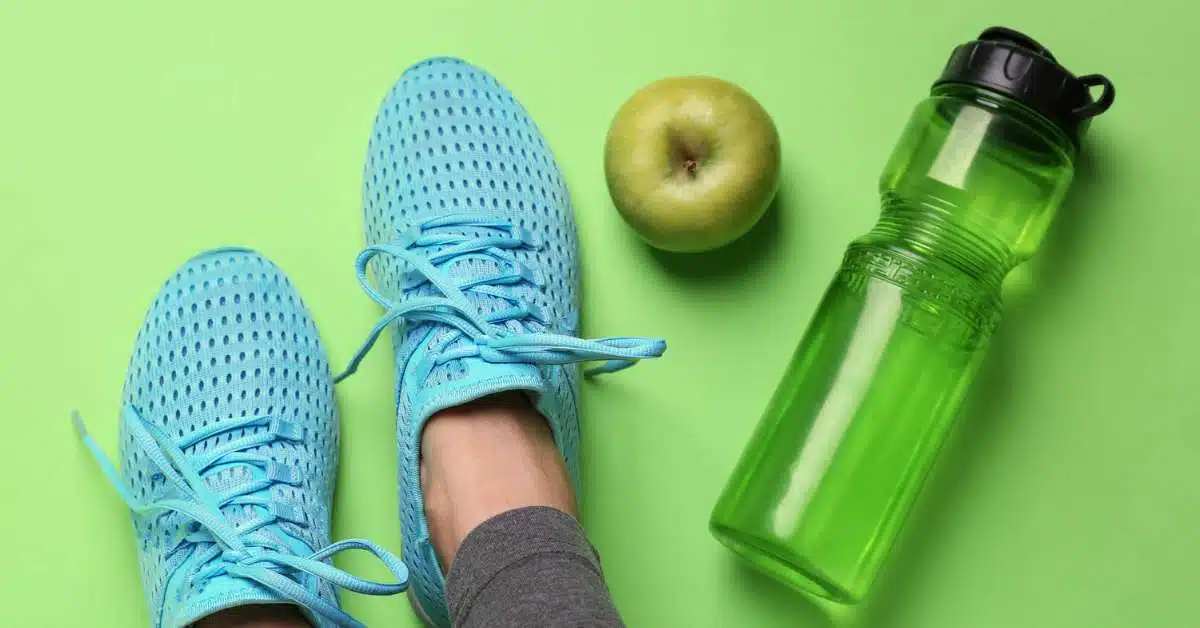I’ve received 50+ 5 star reviews on Google.
If you want to be maximising both performance and recovery from exercise, which we all should be, two of the most important things you need to be considering are carbohydrates and protein.
This simply guide is designed to touch on why these two macronutrients are important to be prioritising in and around training, when you should be having them and in what quantities, and finally some example meal and snack ideas which you may find helpful.
*Please note, this information is designed for the general gym goer/active individual as opposed to an athlete.
Carbohydrates
Carbohydrates are important for the brain and central nervous system as well as for muscular work. When we ingest carbohydrates, we break it down into glycogen which is then stored in the liver and the muscles. Liver glycogen helps to maintain blood glucose levels and muscle glycogen fuels physical performance. We know from the research that performance of prolonged, sustained or intermittent high intensity exercise is enhanced when carbohydrate stores are high.
Put simply, when we exercise, these stores are depleted. The longer we exercise, the more they are depleted and so it is important to replenish these stores after exercise.
Pre-Training Recommendations
It is recommended that you eat 2-4hrs before training, ideally you are trying to find that sweet spot between being too full and being too hungry.
If you’re eating 2-4hrs beforehand, focus on higher quality, less processed carbohydrates as these are more likely to give you sustained energy. Examples could include; a sandwich, roll or bagel, pasta, rice, lentils, mixed beans, porridge or wholegrain cereal.
The closer you eat to training (1-2hrs) the more beneficial it will be to have a smaller meal, i.e. a snack and also to be prioritising more ‘simple’ carbohydrates as these are going to be digested quicker, not sit as heavy and give you a quicker release of energy. Examples could include; fresh fruit, dried fruit, yoghurt, cereal bar, toast with honey or a small bowl or porridge/cereal.
Post-Training Recommendations
Aim to consume a meal within 2hrs following training, this is thought to maximise adaptation and recovery. You definitely don’t need to be skulling a protein shake immediately after like it was once thought.
The evidence suggests that carbohydrate paired with protein is best for replenishing glycogen stores as opposed to carbohydrates on their own.
Protein
Protein is essential for tissue growth and repair, formation of new tissues, regulating metabolic pathways, as fuel for energy production and to make almost all of the body’s enzymes as well as some hormones.
Muscle protein breakdown is happening all of the time and when we exercise the rate of breakdown is increased as well as the fact we are damaging the muscles themselves.
For an active person, the guideline daily amount for protein is 1.2g-2g per kilogram of bodyweight. For example, for a 65kg woman, her protein requirement would be between 78-130g per day.
Pre & Post Training Recommendations
Pairing protein and carbohydrates is though to have the most beneficial effects in reducing breakdown during exercise. And as stated above, pairing the two again, following exercise (within 2hrs) is thought to increase adaptation to exercise.
Animal proteins such as, eggs, milk, dairy, fish, poultry, and whey protein are going to have the most beneficial effects as they contain an amino acid called leucine which is essential for stimulating muscle protein synthesis (the muscle building) pathway.
Pre-Workout Meals (2-4hrs before exercise)
- Sandwich, roll, bagel or wrap filled with salad and protein, i.e. chicken, tuna or egg
- Baked potato with beans, cheese, tuna or chicken
- Tomato based pasta dish with veggies and protein (as above)
- Veggie stir-fry with rice or noodles and tofu or prawns
- Porridge made with milk topped with fruit
- Wholegrain cereal with milk or yoghurt
Pre-Workout Snacks (1-2hrs before exercise)
- Fresh fruit
- Dried fruit, dates or raisins
- Fruit smoothie with protein powder and yoghurt or milk
- Yoghurt
- Cereal bar
- Toast with jam or honey
Post-Exercise Snacks
Post exercise meals can and should look very similar to pre exercise meals but here are some examples of some snacks that would meet both protein and carbohydrate requirements;
- Protein shake made with milk and a banana
- Tuna sandwich
- Baked beans on toast
- Cereal bar with a glass of milk
- Yoghurt with a banana
